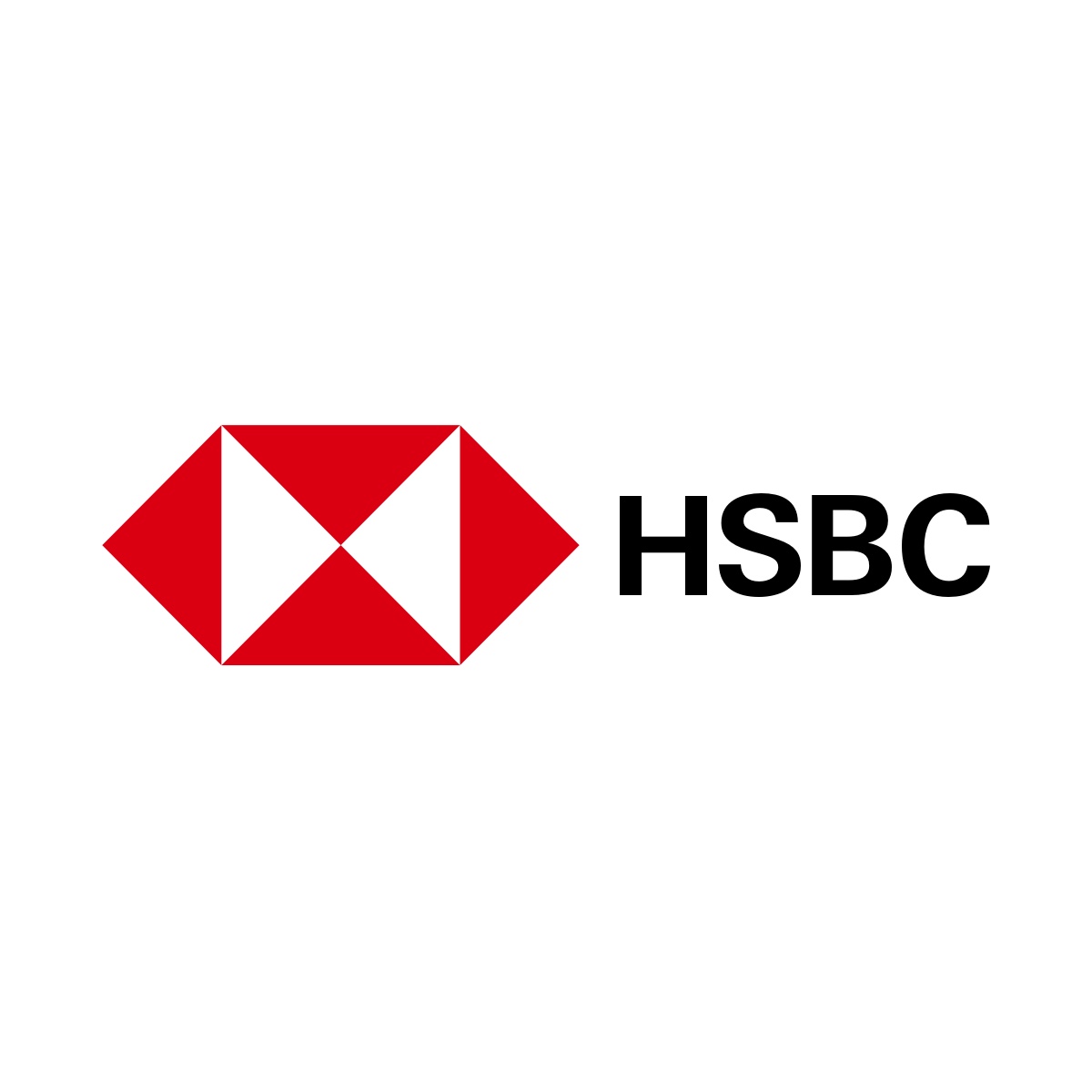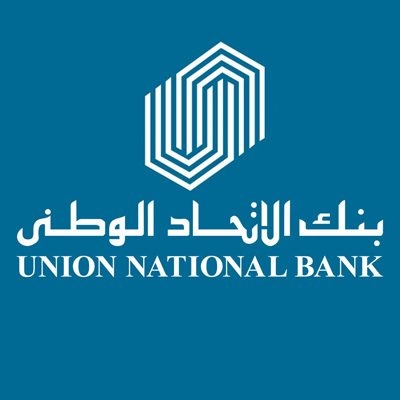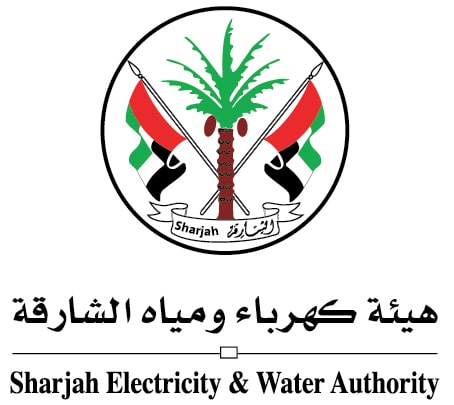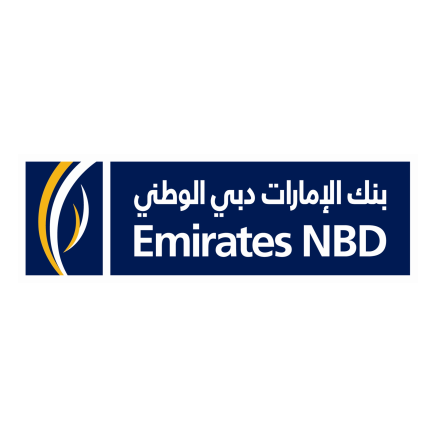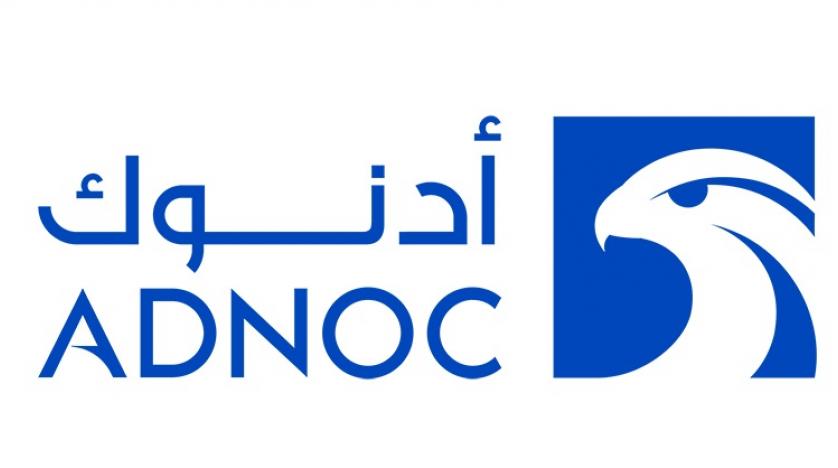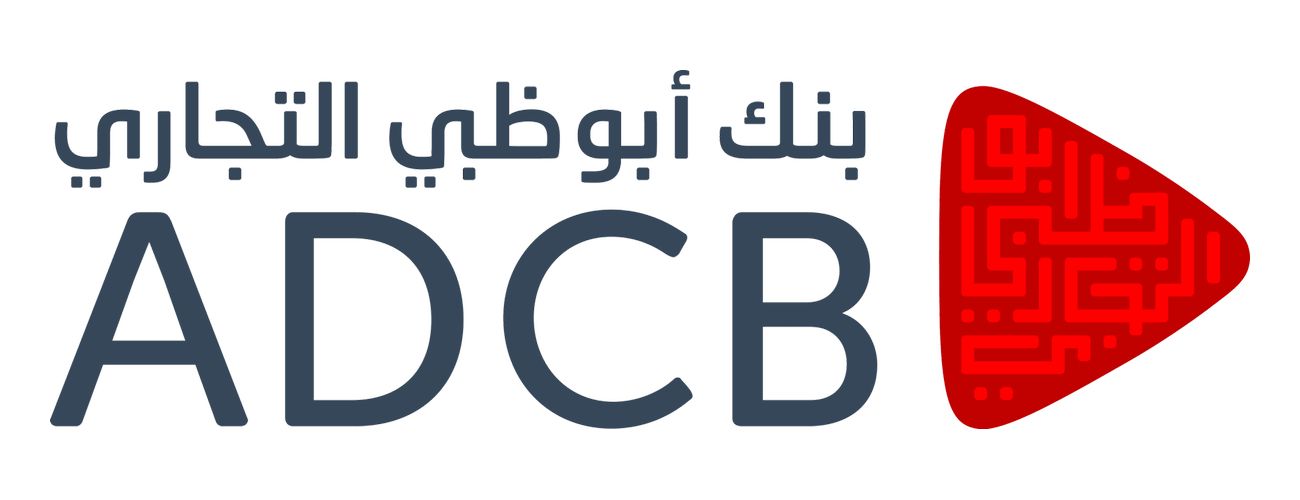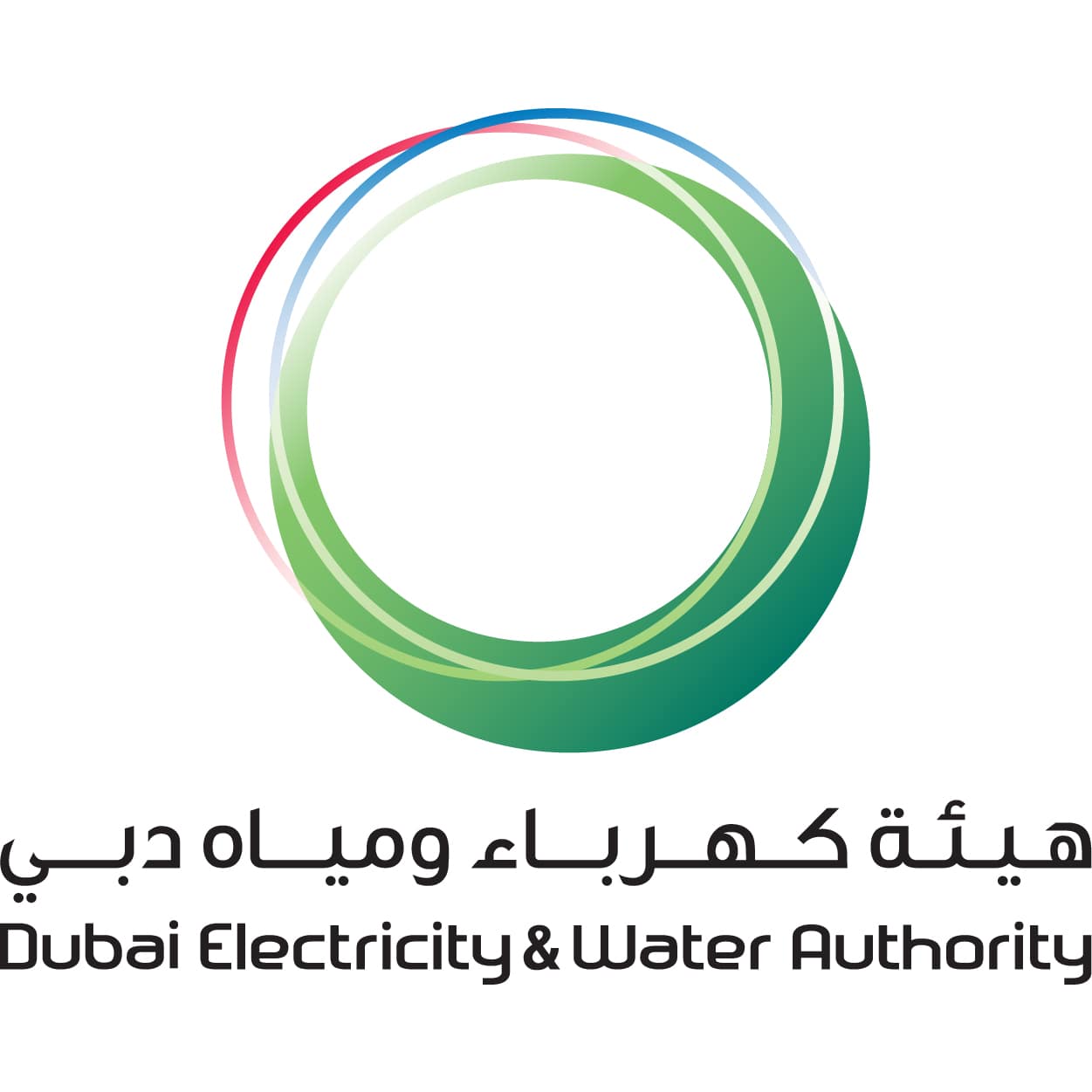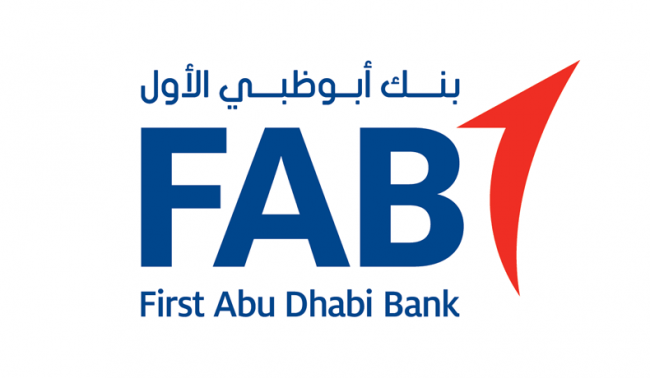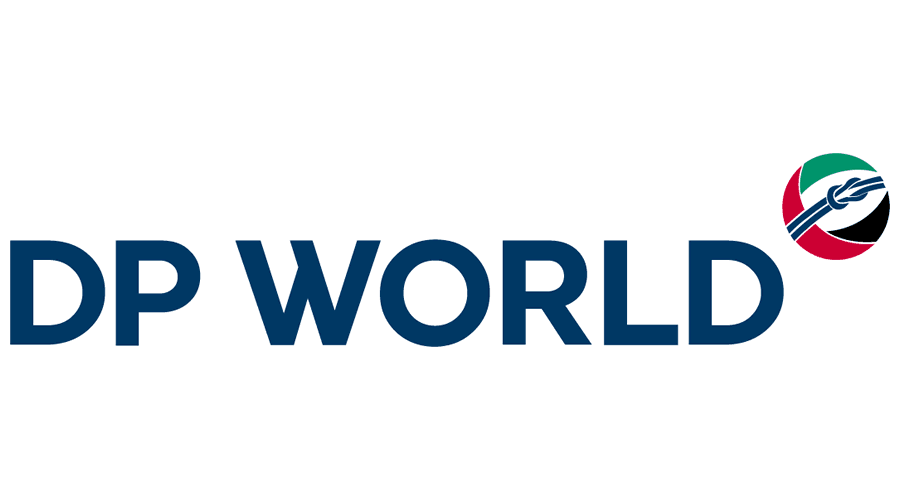
Over the past decade, coaching as a profession has grown tremendously. People have inclined attention towards coaching to find answers, which has led to an increase in the number of coaches. As a result, there’s a lot of information out there about how to become a coach. However, it can be daunting to identify the difference between different certification pathways and pick the ideal coaching certification course. Here’s a simple checklist to help you choose the best coaching certification course:
What is coaching? Why do you need to get certified as a coach?
Coaching is a process that aims to maximize performance by unlocking an individual or organization’s potential. In addition, the coach supports the client or coachee in reaching a specific stratum of personal and professional development.
Coaching is a dynamically booming field and if you want to be a coach, getting certified is the way to go. Why? Because certification helps professional coaches to distinguish from non-coaches who often mislead clients. It improves their credibility as a coach as all certified coaches have to adhere to specific standards and helps them to learn the crests and troughs of coaching through months of training and insightful workshops.
Certifications available to stand out as a coach
There are numerous types of coaching certification courses. However, depending on your country of residence, goals, and experiences, you can start with categorizing them into three accreditation:
1. International Coaching Federation (ICF)
ICF is the gold standard for coach practitioners worldwide. When you choose an ICF accreditation, you opt for the chance to equip yourself with vital knowledge and skills that meet the ICF coaching standards. As a result, getting accreditation from ICF proves that you’ve completed the stringent process of training and meeting all the ICF Coaching Competencies and Ethics.
ICF does not provide coaching training. They only offer accreditations to coach practitioners. However, ICF certifies coaching training providers. ICF-accredited training program or course has gone through a rigorous review process and demonstrated that its curriculum aligns with the ICF definition of coaching, Core Competencies, and Code of Ethics.
ICF has three pathways to certify coaching certification courses/programs: ACTP, ACSTH, and CCE.
ACTP and ACSTH programs deliver foundational coach-specific training. Continuing Coach Education (CCE) courses are for advanced learning opportunities for trained and credentialed coach practitioners.
2. European Mentoring and Coaching Council (EMCC)
Several practitioners pick EMCC as their accreditation method because of the innovative, in-depth, and reflective principles of the coaching standards. The vision of EMCC is to promote, develop and set the expectation for best practice in coaching and mentoring across the European countries and beyond. EMCC is one of the largest coaching bodies, along with ICF and CCE.
EMCC is more prevalent in European countries and is considered one of the highest accreditation among coach practitioners after ICF. And in some countries, EMCC certified coaches are more preferred than ICF. For coach practitioners, EMCC offers the European Individual Accreditation (EIA) award.
For mentoring and coaching training provers, EMCC awards European Quality Award (EQA), an internationally recognized accreditation. An EQA training provider demonstrates that he/she/they meet the professional standards required by EMCC Global. In addition, graduates of an EQA-accredited provider can apply for their own EMCC Global Individual Accreditation (EIA) through their provider.
3. Center for Credentialing & Education (CCE)
CCE is one of the most recognized accreditation providers in the coaching industry. However, as CCE is not dedicated solely to the coaching industry, getting credentialed from CCE often makes getting coaching credentials easier for counselors and therapists.
CCE offers Board Certified Coach (BCC) credentials for coaching professionals in the United States. To become a CCE-BCC, you must be at least a bachelor’s degree holder in counseling or behavioral/social sciences and complete coach-specific training from a CCE-approved coach trainer. For non-US degree holders, the requirement remains the same except that the degree should be evaluated by an international transcript evaluation service and must be submitted with the application to CCE.
The checklist:
Here’s a list of questions that can help you narrow down the list on coach certification course:
- The coach training provider must be accredited by ICF, EMCC, or CCE.
- Look for logos of ACTP, ACSTH, CCE, or EQA.
- What’s the accreditation level of the coach trainer?
- Depending on where you want to coach, you can pick either. ICF is worldwide, while EMCC is still more prevalent in European countries. Some institutions are accredited by both ICF and EMCC.
- How long is the course duration (generally, it ranges anywhere from 60 hours to 200 hours or more)? Choose a course that matches the requirement for coach training hours based on the accreditation level you want to apply for.
- The coach-specific training hours are counted separately from Mentor Coaching.
- Whether you want to apply for ICF or EMCC, it requires a dedicated time of your life. It can take you anywhere from 6 months to 1 year or more to meet the ICF/EMCC credential requirements.
- Look for coach training providers that help you develop your own coaching style or approach rather than giving you a cookie-cutter system.
- Post learning is crucial in coaching as your coaching credential will expire in 3 or 5 years. You have to accumulate specific hours/units for credential renewal. Look out for trainers who host events and sessions that award you something for participation.
 The bottom line
The bottom line
Team Transformation is an ICF and EMCC accredited coach training provider dedicated to supporting leaders, coaches, and executives in advancing their careers in the team and executive coaching. For more details regarding our coaching certification courses, contact us now.
We hope you find this blog helpful. Do share us in the comments!

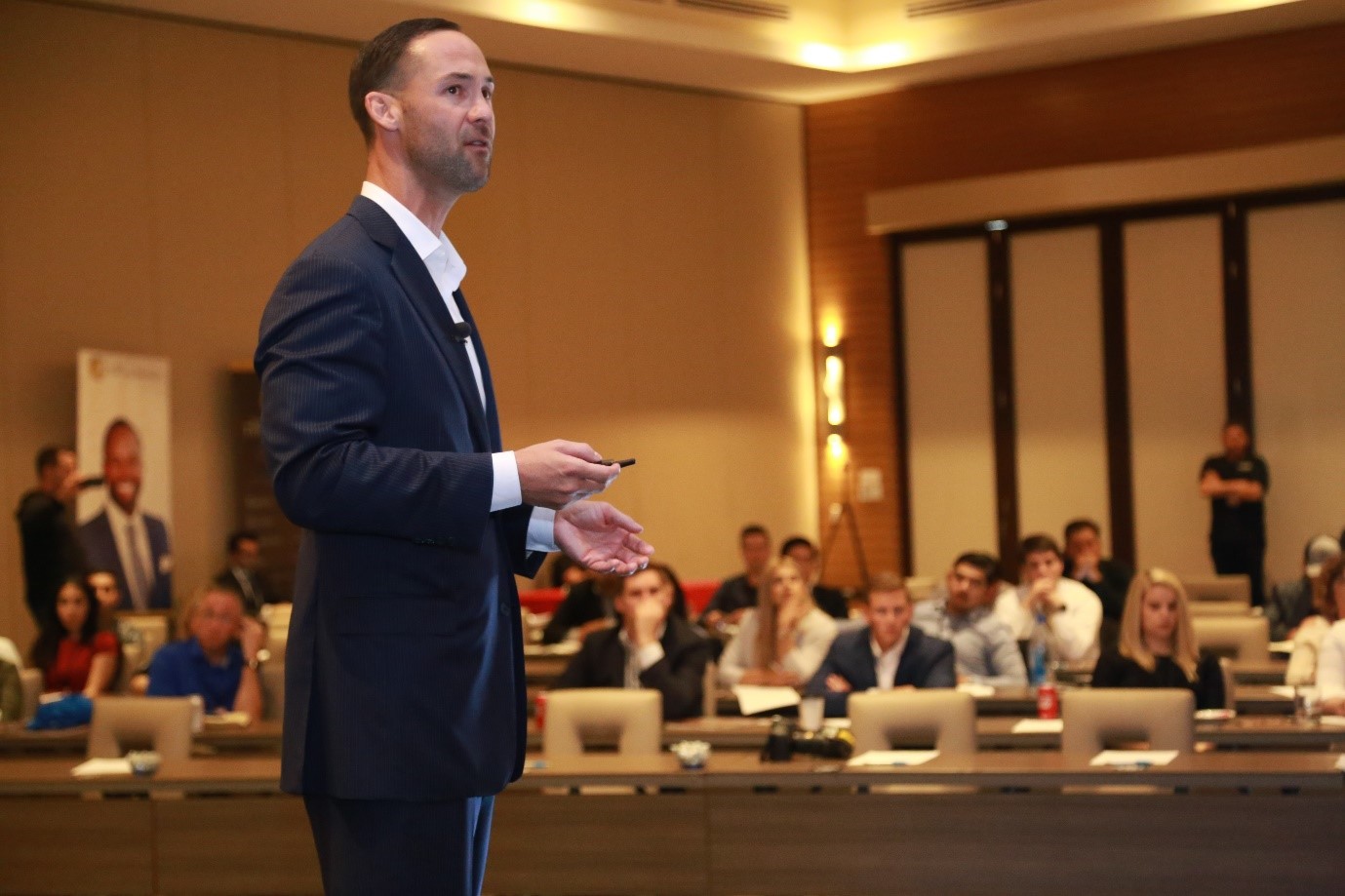 The bottom line
The bottom line








